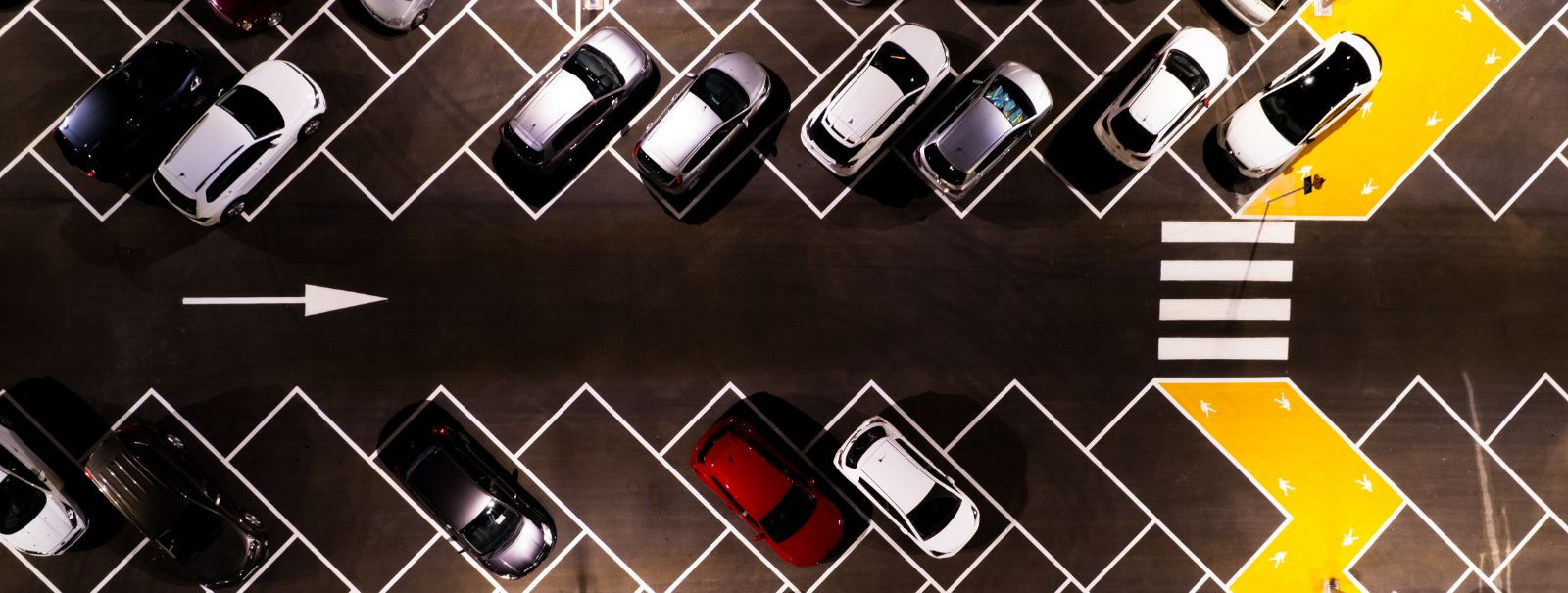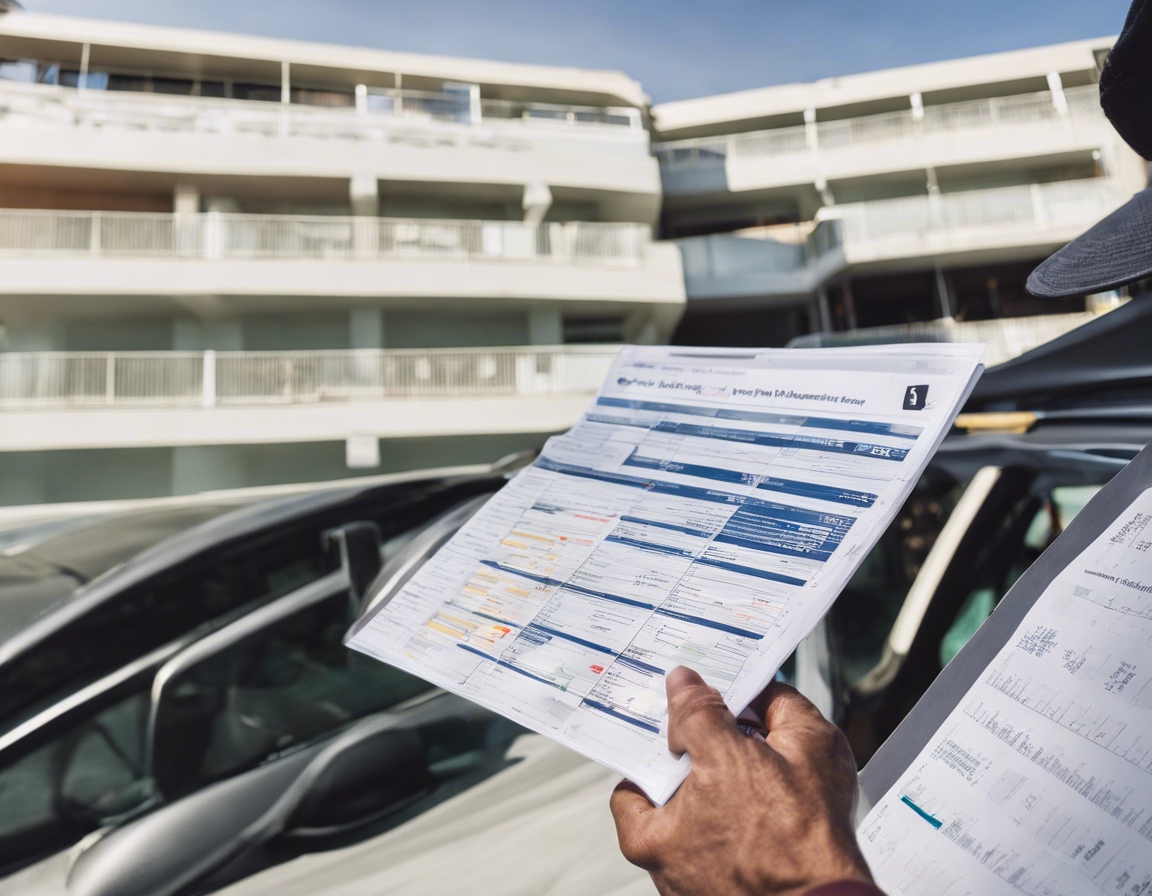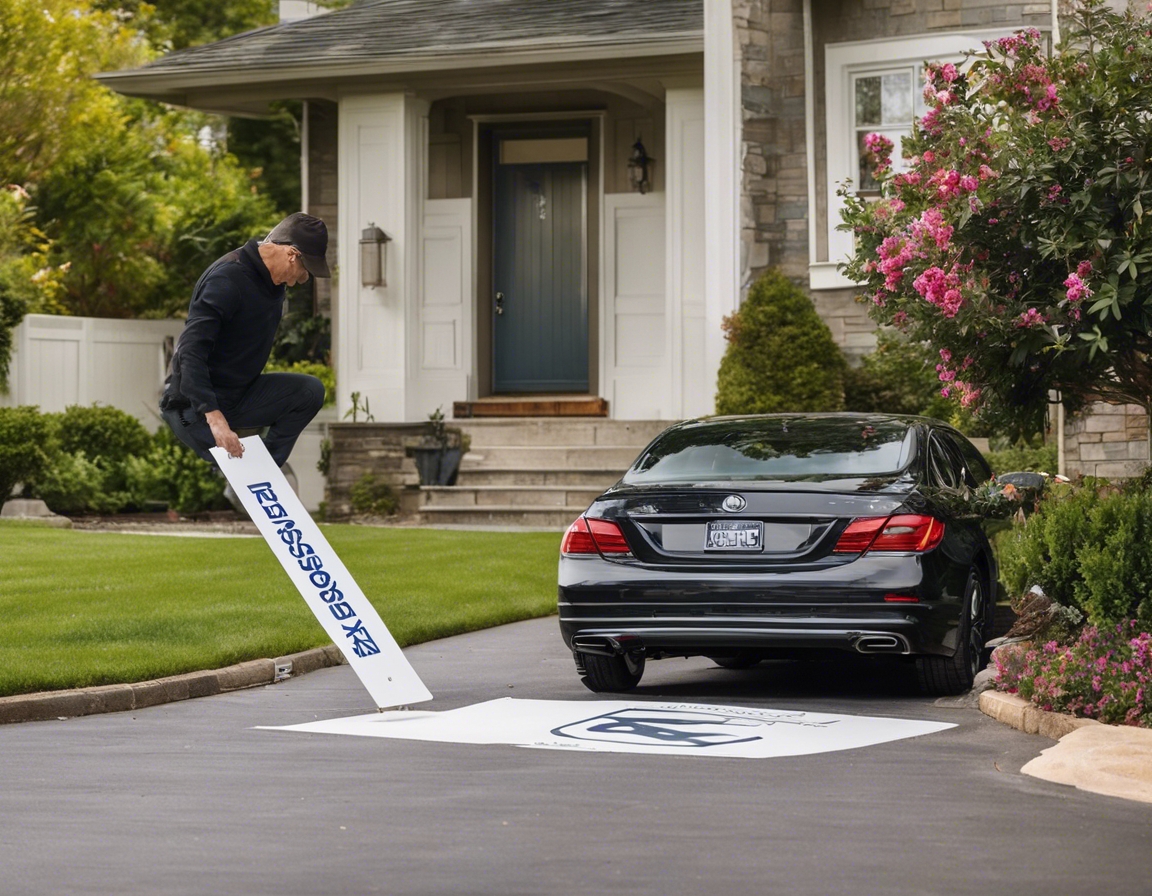The future of parking: trends to watch
The landscape of urban parking is undergoing a significant transformation, driven by technological advancements, environmental concerns, and changing consumer behaviors. As property owners, commercial complexes, and residential communities seek organized parking solutions, staying abreast of the latest trends is crucial for future-proofing investments and enhancing user experience.
Emerging Trends in Parking
Smart parking systems utilize sensors, cameras, and real-time data analytics to optimize parking space usage, reduce congestion, and improve the overall parking experience. These systems can guide drivers to available spots, thereby saving time and reducing frustration.
Automated or robotic parking garages are revolutionizing the way we think about parking space. By automatically moving vehicles into designated spots, these systems maximize space efficiency and minimize the need for large, sprawling parking lots.
With the rise of electric vehicles (EVs), the integration of EV charging stations into parking facilities is becoming a necessity. This trend not only caters to the growing market of EV owners but also supports environmental sustainability initiatives.
Green parking refers to the incorporation of eco-friendly practices and materials in the design and operation of parking areas. This includes the use of permeable surfaces, solar panels, and green roofs to mitigate environmental impact.
Mobility hubs are centralized spaces that connect different modes of transportation, such as bikes, public transit, and ride-sharing services, with parking facilities. They are designed to encourage multimodal transportation and reduce reliance on personal vehicles.
Data is becoming increasingly important in managing parking facilities. By analyzing parking patterns and behaviors, operators can make informed decisions to improve service and efficiency.
Technological Innovations Shaping Parking
The IoT is enabling a more connected and responsive parking ecosystem. Sensors and devices communicate with each other to provide real-time information and services to users and operators alike.
AI and machine learning algorithms are being used to predict parking demand, optimize pricing strategies, and enhance security measures within parking facilities.
The convenience of mobile payment options and dedicated parking apps is improving the user experience by streamlining the parking process and offering additional services such as spot reservations and payment reminders.
Regulatory and Policy Changes
Urban planners are increasingly considering parking as a critical component of city development. New regulations may require the integration of smart parking solutions into new building designs.
Environmental concerns are leading to stricter regulations on parking facilities, pushing the industry towards more sustainable practices and technologies.
Adapting to Consumer Behavior
Today's consumers expect convenience, efficiency, and sustainability. Parking facilities that cater to these expectations are more likely to succeed in the evolving market.
As consumers opt for alternative modes of transportation, parking solutions must adapt to accommodate bikes, scooters, and other forms of personal mobility.






Comments (0)